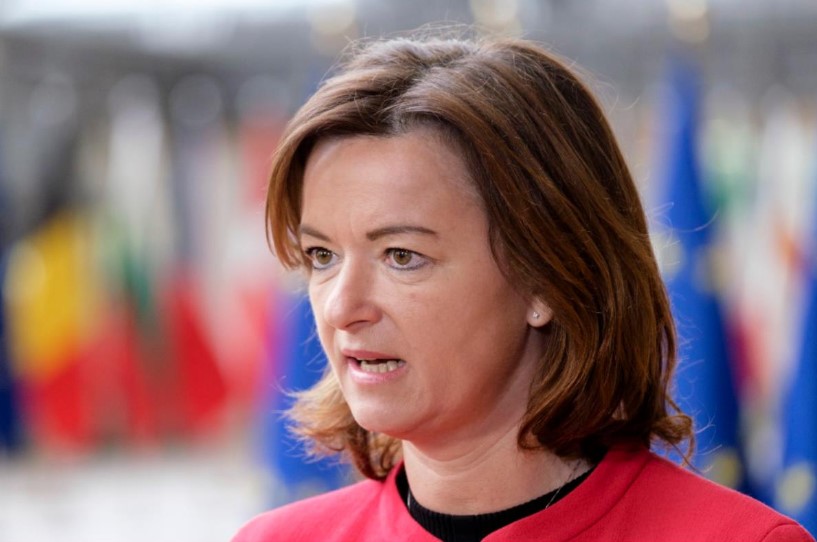By: Domen Mezeg (Nova24tv)
“In the debate at the Foreign Affairs Council in Brussels this morning, I pointed out, among other things, that EU unity on activities related to the Russian aggression in Ukraine is crucial. We do not benefit from incoherent reactions to the decision of the International Criminal Court, to whether Russia supports terrorism, to the genocide of Ukrainians and more. This opens the way for manipulation, which Russia is exploiting. Unity is our greatest strength, and disunity our greatest weakness. I am delighted with the positive reaction of my colleagues and Josep Borrell to my implementation,” Fajon wrote, contradicting her statement to the domestic public.
Minister of Foreign Affairs Tanja Fajon clearly wants to shine in the political sky at any cost, which is not going well for her. It is a great pain of hers that Janez Janša‘s visit to Kyiv has become a part of European and Ukrainian history. She, on the other hand, has been left without a plaque on the Walk of the Brave. She ended up in the crowd of those who opportunistically followed in Janša’s footsteps … Parrot-like imitation is not bearing fruit; it is time for something innovative …
Let us also remind you that she was even willing to use/abuse tragedy for her own popularity. Last year, she posed smiling near the site of the massive fire in the Karst region. Her quest for political success is now taking on bizarre proportions. This time, she wants to unite the whole of Europe against Russia and declare the latter a supporter of terrorism, even though the EU’s position on this is already clear. On the other hand, she was not able to do the same in the Slovenian Parliament a few days ago.
Her justification for it was: “International humanitarian law provides that the crime of spreading terror against a civilian population qualifies as a war crime and not as terrorism … The guilt for Russia’s aggression against Ukraine is not collective. We cannot declare the Russian people to be terrorists …” “The fact is that only one country so far has rejected such a resolution, and that is Slovenia,” Janša replied. At the same time, he caught her in a lie, as he revealed that the Romanian Parliament had not debated such a resolution, which is quite different from her claims … The resolution, he added, was an act of solidarity, placing Slovenia on the right side of history and testing its moral compass.

